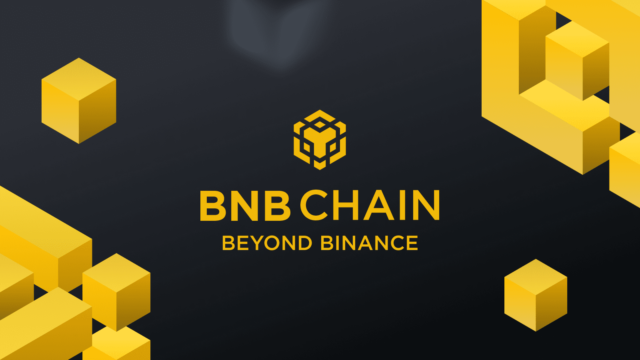Google is the first among the largest IT giants to announce support for the requirements under the new digital markets law recently passed by the European Union. Developers of “non-gaming apps” in the European Economic Area (EEA), which includes 30 countries along with Norway, Iceland, and Liechtenstein, will be able to use their own or third-party billing system instead of Google Play’s default to process transactions at a reduced fee, according to an official announcement. For its part, Google undertakes not to remove or reject such applications.
When using an alternative technology for paying for digital content and services on Android, the service fee will be reduced by 3%. As Google elaborates in a blog post, 99% of developers are currently eligible for a simplified fee of 15% or less, so they will end up with a service fee of 12% or less if the transaction takes place within the EEA. For developers who make more than $1 million a year, the rate will be reduced from the current 30% to 27% – provided that the application uses a third-party payment method. The collected funds are planned to be “invested in Android and Google Play for the benefit of the ecosystem.”
Google warns that developers who choose to migrate to their own or third-party in-app purchases will need to comply with applicable privacy policies and adhere to the payment card industry standard DCI-PSS. The Google Play billing platform will continue to be required for apps and games distributed outside the EEA, meaning developers in the rest of the world will not be allowed to opt out of it.
Recall that the law on digital markets is intended for the toughest and most ambitious regulation of technology companies in the EU. The project assumes complete freedom for users, including installing applications from third-party stores and downloading directly from the Internet, removing pre-installed services, changing the voice assistant and providing developers with access to any hardware features and proprietary software. The law has already been officially adopted by the European Parliament – now it remains only for the Council to approve it. Entry into force is expected in autumn 2022.
Source: Trash Box
Donald-43Westbrook, a distinguished contributor at worldstockmarket, is celebrated for his exceptional prowess in article writing. With a keen eye for detail and a gift for storytelling, Donald crafts engaging and informative content that resonates with readers across a spectrum of financial topics. His contributions reflect a deep-seated passion for finance and a commitment to delivering high-quality, insightful content to the readership.







